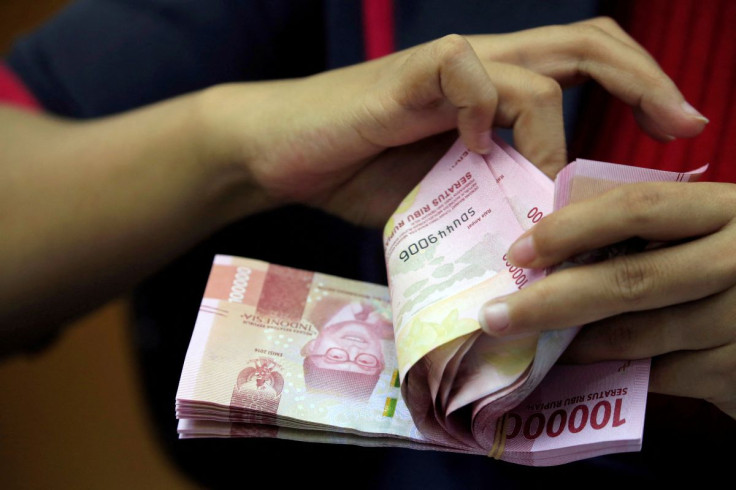Indonesia Central Bank Sells Govt Bonds To Absorb Excess Liquidity -official

Indonesia's central bank has sold some of its holdings of government bonds in the secondary market, an official said on Monday, stepping up its normalisation of monetary policy after keeping liquidity very loose during the pandemic.
Bank Indonesia (BI) is among the world's least hawkish central banks, having kept interest rates in Southeast Asia's largest economy at record lows due to relatively low core inflation.
However, it has begun to tighten the financial system's liquidity by making gradual increases in banks' reserve requirement ratio from March to September.
"After raising the reserve requirement ratio ... BI has also strengthened rupiah monetary operations via the sale of government bonds in the secondary market," Edi Susianto, BI's head of monetary management department, told Reuters in a text message.
The sale was also intended to improve the supply and demand conditions in the money market and the bond market, he said, adding this was part of BI's efforts to maintain the stability of the rupiah currency.
BI sold 390 billion rupiah ($26.03 million) of bonds on Monday and would continue selling, Edi said.
BI's liquidity normalisation efforts are underway while it continues to act as a standby buyer in government bond auctions, part of its agreement with fiscal policymakers to stabilise bond yields.
Last year it also agreed to purchase 224 trillion rupiah of bonds with low interest rates in 2022 to help the government control its interest payments.
As of July 14, BI held a total of 824.54 trillion rupiah ($55.04 billion) worth of government bonds, excluding those used in monetary operations with banks, compared with801.46 trillion rupiah at the end of 2021, according to finance ministry data.
Central bank governor Perry Warjiyo has assured markets the net impact of BI's operations this year would be a reduction in banking liquidity to a level that would not disrupt lending.
BI is due to hold a two-day policy meeting later this week. Warjiyo told Reuters on July 8 that BI may raise interest rates in the current quarter to contain future pressure on core inflation.
($1 = 14,982.0000 rupiah)
© Copyright Thomson Reuters 2024. All rights reserved.




















